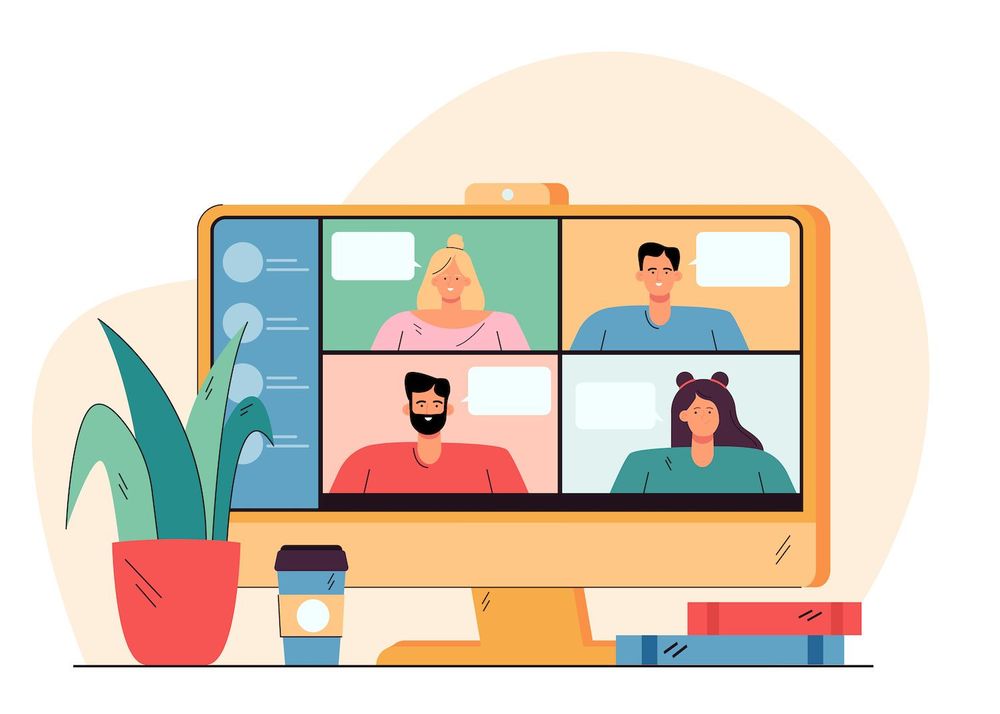YouTube icon
What exactly are Digital Products?
- Online templates and graphic designs
- Digital music downloads rather than a CD or vinyl
- Printing a PDF version of your art work, instead of a physical copy
5 Benefits of Selling Digital Products Online
1. Problems with Inventory Become a Part of the past
Balance between managing and balancing inventory could be an issue for any business in every phase, from the most small startup companies to the biggest and prestigious companies. Making too many products costs money as the lack of inventory can result in a loss of money. Digital files can be distributed on-demand for each purchase, it is possible to eliminate this costly and stressful balance of inventory.
2. Simple Delivery: No Shipping necessary
The cost of shipping can be costly and time-consuming task for online sellers.
- Costs: Not just the sellers must cover the cost of shipping, they must also cover the cost of packaging and shipping insurance.
- Time: The time it takes to carefully prepare materials, get to the post office and the line that follows could result in challenges and costs to businesses.
Meanwhile, digital products can be sent automatically directly to an email address of the client at no cost. This allows you to have additional time, money and the space to concentrate on expanding your business.
3. Unlimited Potential Sales for Every Product
4. Variety of Products for Higher Sales
The digital products you offer help you meet your customers' requirements and improve sales. In the example above, let's say that you're an artist and selling prints of your work. Physical copies of the prints can be restricted to specific dimensions, depending on the quantity of inventory. If the customer has a frame they need to cover with artwork, the copy they receive must be of the dimensions of their frame to close the purchase.
In contrast, the sale of digital copies allows buyers to print on their own at the size they want which opens up to greater possibilities of possibilities for. What's more, clients get precisely the amount they require without having to do additional work on your part.
5. Happy Customers
The benefits that you will reap by selling digital goods help your clients:
- Instant delivery that is automated signifies that buyers do not be waiting around for purchases.
- As we mentioned, buyers will be able to obtain what they desire during the sale.
- Digital devices can be made accessible to users with ease. For instance visually impaired users can increase font size in ebooks or use their devices' text-to-speech reading options.
- Free of shipping and any other expenses associated with the physical item Consumers can profit from less cost.
- Digital devices can also offer an option for a sustainable transaction (no emissions or transportation) which green-minded consumers would like.
Happy customers correlate to high satisfaction ratings at the shop as well as referrals to customers who are frequent and increased sales.
Are There Any Cons selling digital products?
1. Competitive Market
In all the ways mentioned previously, selling digital items on the internet can make it simpler for businesses to keep. It means you'll be able to identify a market that's more competitive. It's essential that you make sure to make your company stand out through attractive sales pages which highlights what makes your website unique.
2. Smaller Payouts Per Transaction
Certain creators opt selling their physical products to get a better payout per transaction. Handmade items of high-quality are generally priced higher. Digital products, however, tend to be priced lower than their physical alternatives. Yet, digital goods offer a lower upfront cost for your business and could be a source of regular sales. Profits will ultimately be contingent on the market you are operating in as well as your payment system.
3. Piracy of digital products in addition to Protection
A major issue with selling digital products is the risk of the concern of the issue of piracy. Many creators are concerned that their products could be copied and then purchased by another retailer. This is an issue for both the physical and digital sale of products, which are the latter being a more easy for a target. It is safe to know that this process isn't unlawful. However, there are steps you should follow to safeguard your business:
- Keep Track: Save the original versions and files of your documents to aid in proving that the document belongs to you.
- Receipts: Documentation of where the initial work was completed and later listed as an offer.
- Register Copyright: You automatically hold the copyright over the entirety of your original work. You can however choose to sign this copyright that will allow you extra compensation in case your work is copied.
- Watermarks: If you post your online work then you may want to add watermarks to the photos to prove the copyright of your work and make it harder to steal.
A lot of retailers will remove their listings after receiving evidence of theft. If that doesn't work, you can pursue legal action to end illegal piracy be it digital or physical products. Scott Moran of offers further insights into piracy on the YouTube channel.
4. Physical Product Bias
Traditional buyers might prefer physical products over one that is digital. By limiting yourself to digital goods, you is likely to exclude these customers.
Physical and digital products You can sell both
This post was first seen on here
